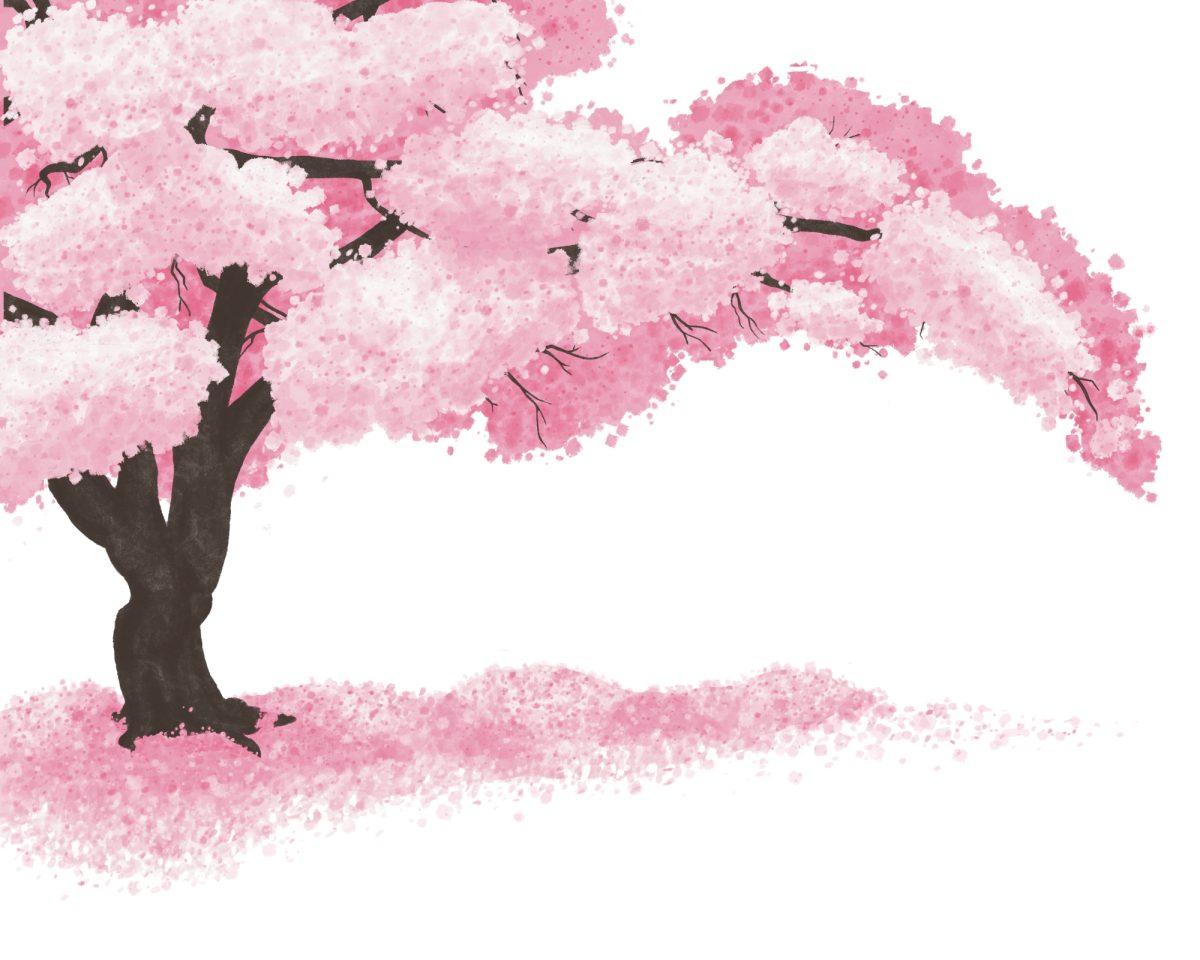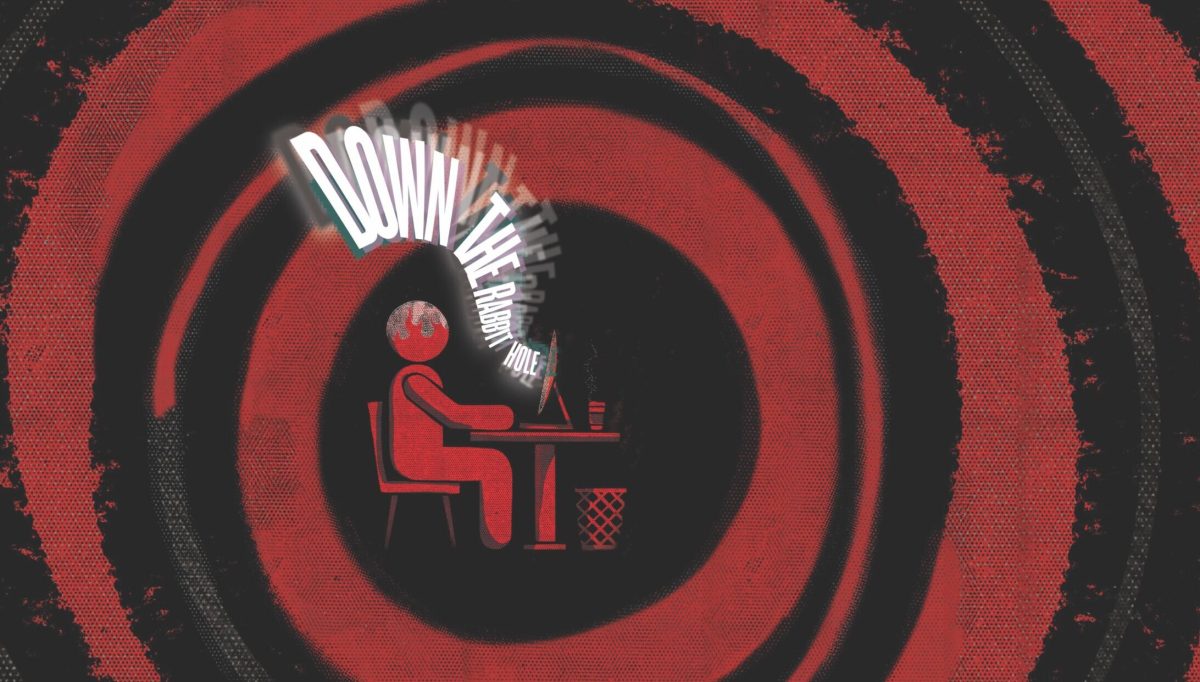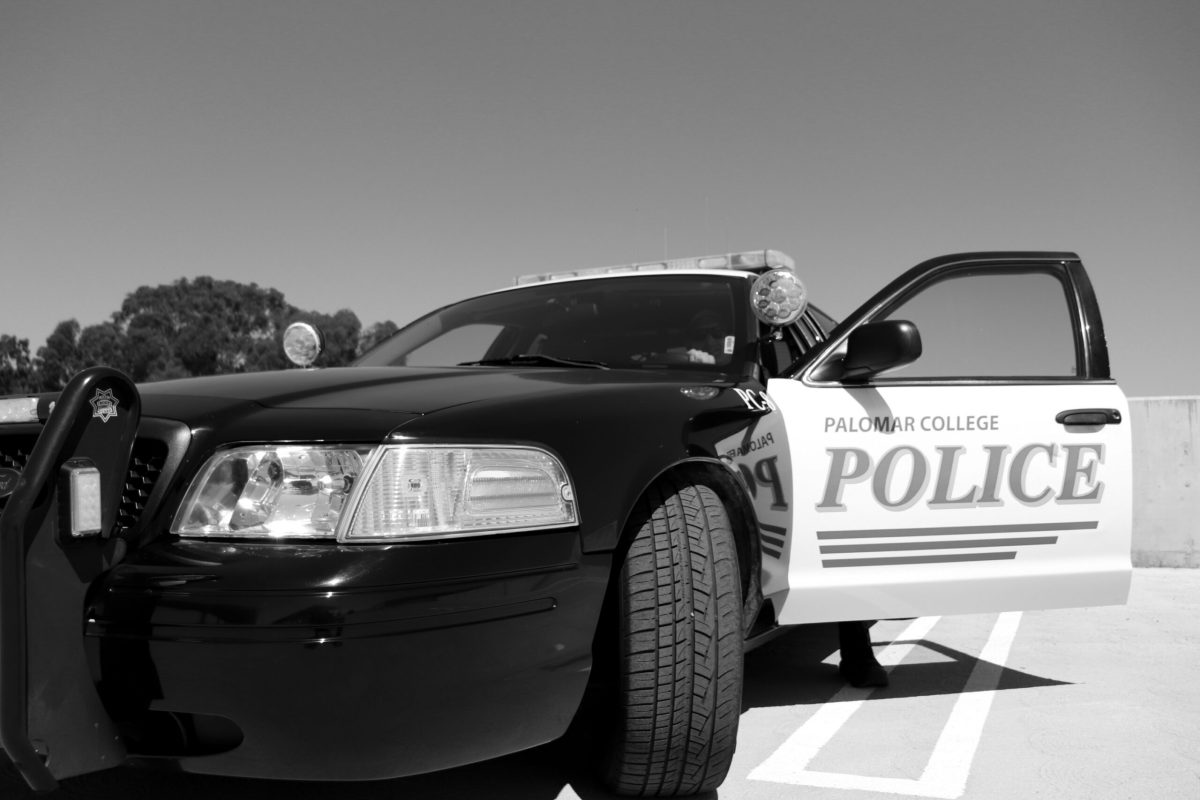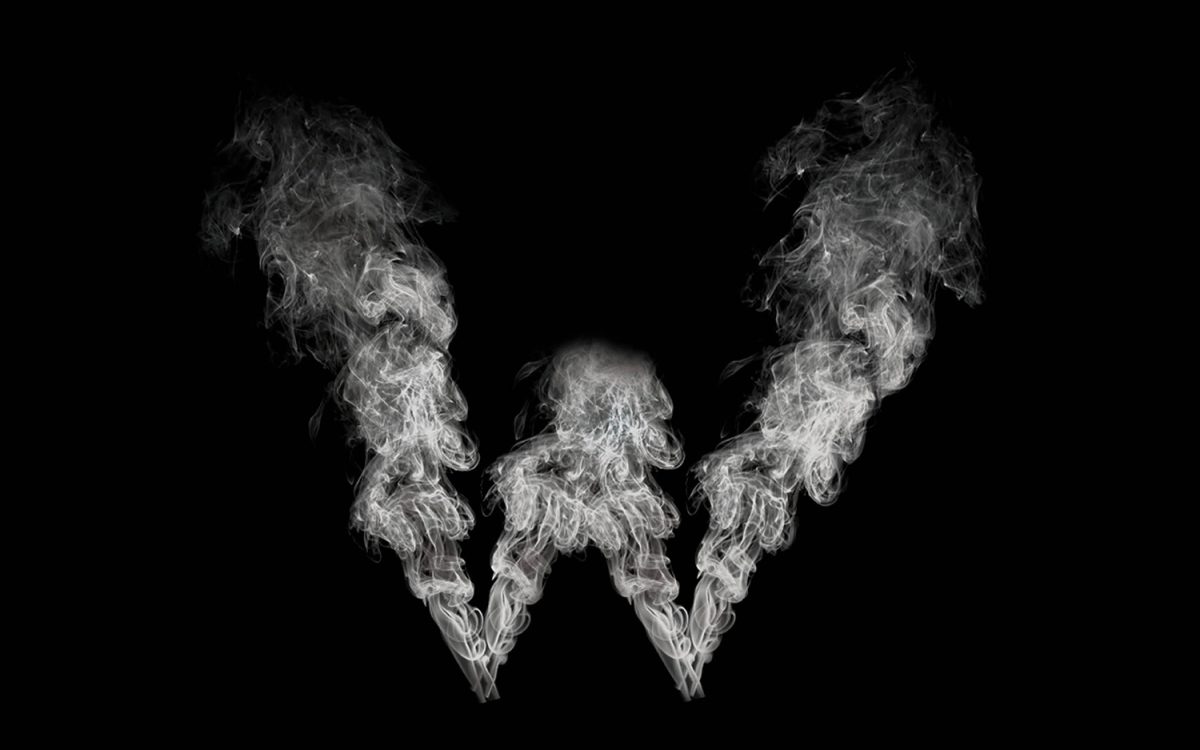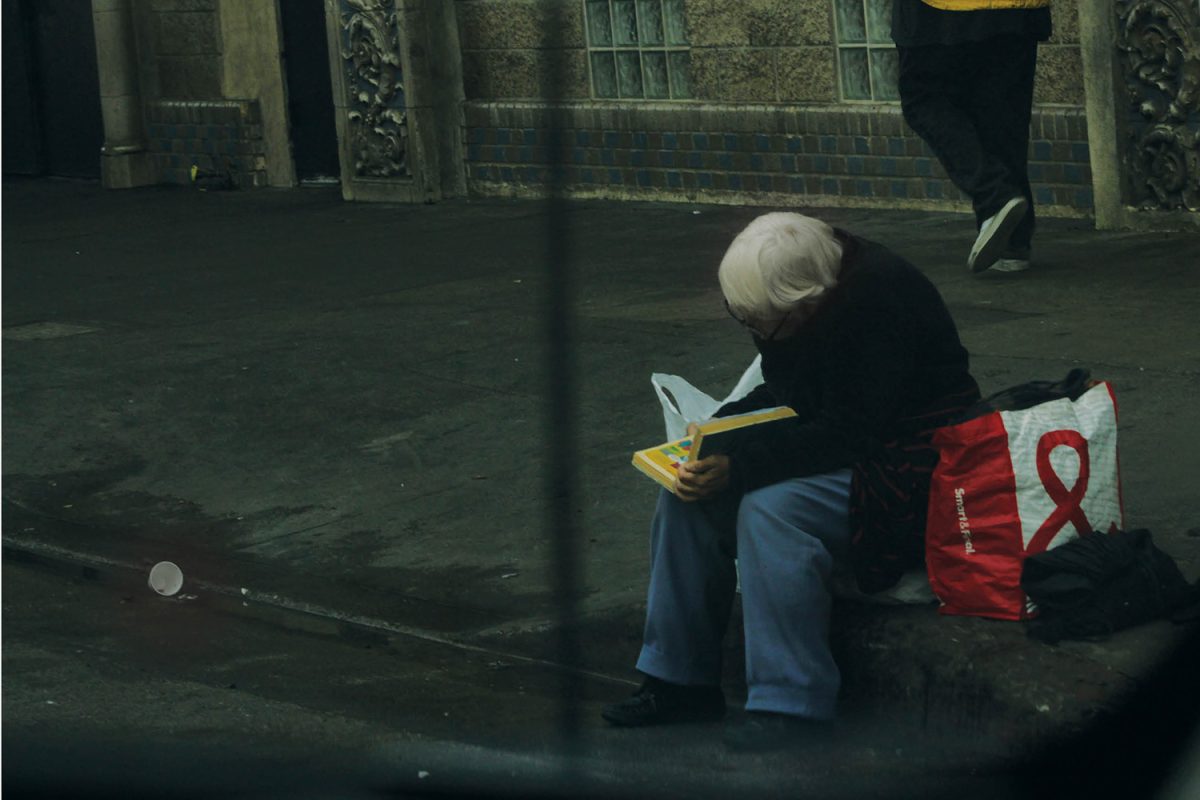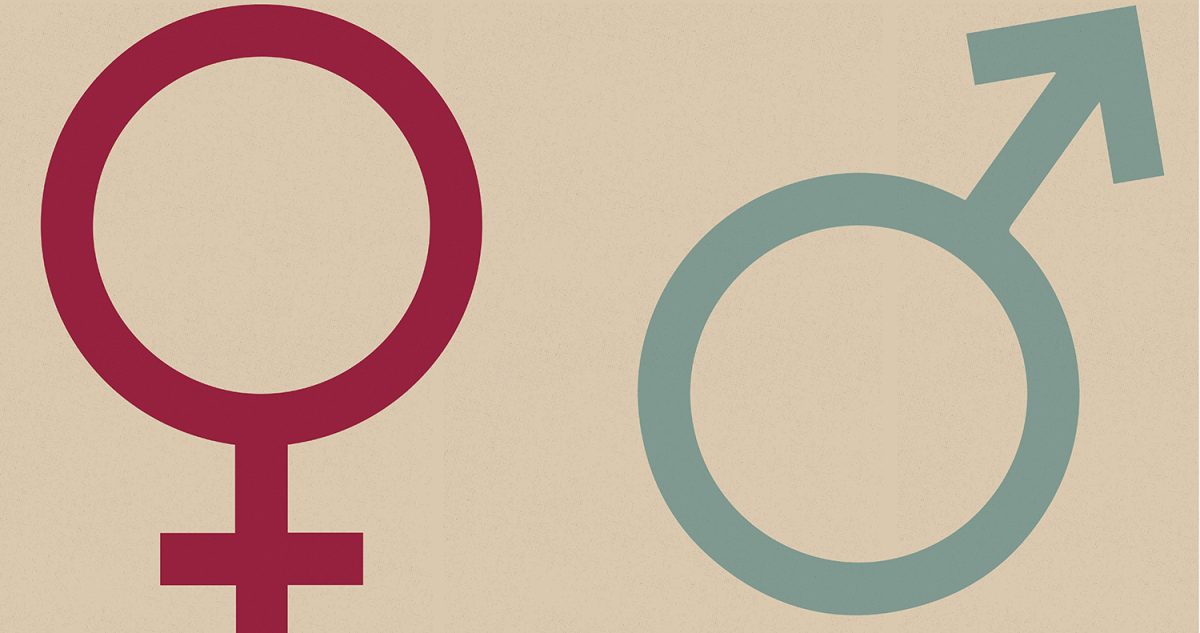About six miles from Palomar College, in Vista, sits one of the most popular restaurants in San Diego County.
Stepping into the Yellow Deli, one enters another world. The 24-hour (except on Sabbath) deli’s interior is a mixture of Amish, Hippie, and woodsy with a touch of Middle-Earth.
Once you are seated by the staff, women in body-covering dresses or jumpers who eschew makeup and wear long braided hair will serve you organic farm-to-table sandwiches. Folksy scribbles decorate the menu and the food served deserves its glowing reputation. Organic fruits and vegetables, homemade breads, and delicious pastries are all there to tempt every hungry patron.
The menu resembles something from a 1970s café with its handwritten friendly “see ya there!” On the front and the deli hours and address drawn inside a flower. Near the bottom is the line, “We serve the fruit of the spirit at the deli,” and scattered around the store are pamphlets marked with a bold “NOT A TRACT; THIS IS AN INVITATION.” A sign says Yellow Deli will be closed for the entire week of Passover with a phone number listed just in case someone would want to hang out with them during the holy days. Most of the “invitations” I read lament the vapidity of modern life with its isolation, vanity, and self-centeredness. The last few pages of the tract reveal that Yeshua and the Community is the answer to all the sadness and alienation and the sect supplies a hagiographic origin story of its founder as well.
The Yellow Deli is actually one of the revenue streams of a Christian sect currently called “The Twelve Tribes Community” or simply “The Community.” It was founded in 1972 in Chattanooga, Tennessee, by a high school teacher named Elbert “Gene” Spriggs. Gene changed his name to Yonuq and is the sect’s unprofessed prophet.

Life in the Tribes is communal with everything owned by the church. Like Anabaptist communalists such as the Hutterites and Bruderhofs, Yellow Deli employees are sect adherents who work without pay. They have sacrificed all they own to live and work in a “for-profit organization with a religious purpose and a common treasury,” and live according to the teachings of Spriggs.
What began as Bible lessons in a small restaurant in Tennessee has evolved into a multi-national corporation containing nearly 80 properties in nine countries. Every new member is a new employee and the more members there are, the more opportunities for expansion. The church owns a chain of Yellow Delis, bakeries, hostels, farms, houses, schools, and multiple factories producing candles, furniture, soap, and body lotion. They own their own construction company and even a 124-foot long barquentine ship. No other religion so fully integrates labor and spirituality with such capitalist zeal.
While sitting in my booth, drinking mate tea and observing the friendly staff, it is difficult to understand how such a seemingly mild group of hippies could follow a man like Spriggs. He preaches the benefits of slavery for African-Americans, and once wrote that “It is horrible that someone would rise up to abolish slavery-what a wonderful opportunity that blacks could be brought over here (the U.S.) as slaves…if slaves were mistreated it was the fault of the slaves.” Other doctrines include the cursed nature of Jews, subservience of women, and, probably most shocking, an intense fixation on child-beating. It is this pet precept of Spriggs that has gotten the church into legal hot water around the world.
Beating children is “not optional; it’s a command,” and those who do not physically punish their children are “liberal parents [who] are working with Satan’s angels bringing in lawlessness and ultimately the anti-Christ. It is necessary to beat a child hard enough to create pain, which goes deep into the child, right to the heart, like electricity.”
In leaked copies of the church’s Child Training Manual, the necessity and strategies for child-beating are expounded for over 300 pages. “The controlled use of pain in child training is not cruel and will not cause him to fear his parents,” it reassures. The document gives advice on how to maximize pain, so that “if a strong-willed child can seemingly withstand the rod without breaking, it may be a real problem for the parent. One of several things may be wrong: the rod may be too small, the child may be too big to be brought under control of a rod, or he is in the process of placing his parents under his control.”
Children as young as 6 months are beaten and it can be performed by any adult in the community. In many ways, child rearing is taken away from the parents and given to the community at large.
Transgressions listed in the Manual severe enough for beatings include:
1. Making diaper changes difficult.
2. Failing to refer to adults as “abba and “imma” (the Hebrew words for father and mother).
3. Refusing to eat.
4. Whistling.
5. Dancing or singing incorrectly.
6. Not being fast enough at writing or studying.
7. Not finishing their food.
8. Eating or drinking without permission.
9. Saying forbidden words like “guy,” “dude,” “poop” and “pee.”
10. Using the bathroom without permission.
11. Accidentally breaking anything.
12. Whispering.
13. Not being in bed on time.
14. Wearing clothes not chosen by the community.
15. Being “passively aggressive” which the teaching explains as “standing on the outside while being seated on the inside,” meaning the child obeys but seems resentful.
16. Complaining, screaming or crying while being beaten.
17. Failing to be prompt even when obedient.
18. Speaking to another child without permission.
19. Engaging in any form of fantasy.
Transgressions can bring the rod or in some cases a plank of wood 2 inches thick by 4 inches wide. In an interview published in Burlington’s ABC TV affiliate, ex-member Noah Jones described the abuse he received: “They spanked me from my feet to my neck, all the way. I was black and blue basically head to toe.” Members are frequently denied outside medical attention causing some to die of their beatings as well as preventable diseases. There have been outbreaks of whooping cough in several communities because they do not vaccinate.
Twelve Tribe children are employees alongside the adults. When the Community was cited for using child labor in the State of New York, Conde Nast cancelled their contract with Common Sense soap and body lotion and Community-produced furniture was pulled from Robert Redford’s Sundance catalog for the same reason. Reports of children under 15 working more than 12 hour days and sleeping in the factories are not uncommon.
The Twelve Tribe’s problems, however, do not end at the American border.
In Bavaria, a state in southern Germany, homeschooling is illegal. The state recently concluded a lengthy legal battle with the Community over their refusal to put children into public schools. There was a temporary compromise where the Community was allowed to homeschool their children for a year under supervision from the German State. The conflict with German authorities climaxed when 40 children were taken from the Community after finding extensive evidence of abuse. The German followers have now moved to the Czech Republic and Romania to escape the barriers placed on what they see as the inability to freely practice their religion.
In 2017, a Twelve Tribes compound in Spain was raided by authorities because of video evidence of child abuse.
One of the largest FBI raids in U.S. history was performed in 1984 and nearly 140 children were removed from the Community after alleged abuse. The case was later dismissed and The Tribes’ attorney joined the Community and married one of its elite members.
In a rare filmed appearance, Spriggs spoke with the lawyer in tow on the 16th anniversary of this raid. He spoke almost exclusively about “discipline” in children. Spriggs admits that “obviously there have been mistakes made” and “we are not on our thrones yet,” but then begins a rather lengthy and blunt defense of child beating. “Our children have been raised up on the rod of correction. We do not deny that, and if we go to jail for that, we go to jail.”

He then singles out the cause of the Columbine shooting as a result of the killers being “left to themselves” and not beaten. A father who does not discipline his children is not a real father and his child is “illegitimate.” In Spriggs’ mind it appears that all “transgressions” ranging from mass shootings, drug use, and even the liberal politics of Scandinavia are a result of not being beaten as a child. Sounding on the verge of tears, Spriggs eulogizes his school teachers, coaches and father, heaping praise for how they beat him saying it was these acts that made him love them “with all his heart.” He then says that the lack of physical assault is why the children of The Tribe must not enter public schools. The teaching is clear: if you want your child to love you, beat them. Spriggs has no known children of his own.
The kumbaya aesthetic of the group that patrons of the Yellow Delis established throughout North America and Canada does not square with what ex-members and lawsuits allege to happen away from non-member eyes. “When people join a group like this, their life will be turned upside down, their life will be destroyed,” Michael Painter said. He is an ex-member who spent over 18 years in the Community. He and other ex-members have described the Community as “devastating” to the lives of its members.
Children are forbidden to have games or toys or to read anything but the Bible and Twelve Tribes’ literature. They are routinely beaten for things such as pretending to be an animal or an airplane, kept away from all television, music, and movies, and grow up shut off from the world of the people who patronize their many businesses. Former members say there is no path for anyone in the sect besides marriage, children, and long days of hard labor in the church businesses.
The line between religion and cult is a hotly contested one and the “cult” label has been given to the Community many times. Without beginning a theological debate, Twelve Tribes contains some very worrying symptoms of manipulative and isolating groups. Members who leave the Community are cut off from contact with whatever family remains in the group. Some were told that if they left they would become homosexual. Within the Community the broader world is looked at with both fear and contempt.
No media or entertainment can be consumed of any kind. Members are not allowed to attend funerals of family members outside the Tribe. To join, one must give all their money and property to the church, making it all the more difficult to leave. The Community claims to be an egalitarian sect with no leader but decades of testimonies show that Spriggs’ authority is not to be questioned. These elements alone create an isolated niche where pressure and programming can push good and reasonable people to do things they would not do if it were not for self-preservation and standing in the group.
With these thoughts in mind, it was difficult to enjoy my pastrami sandwich and pea soup. Once I finished eating, I walked to the cashier and asked one of the Tribes members if they make their own mate tea. The Tribe member smiles and says, “Mostly yes, but we have some friends who help out.” He is not going to say more. Outside, there are Twelve Tribes-created soaps, bread, and pastries being sold. I cross the corner and see a yellow truck with the big Deli logo on its doors flanked by two Community-owned Morning Star Ranch trucks. Across the store I see one of the servers heading to the communal house and wonder if she likes the life she lives in such an isolated valley.





